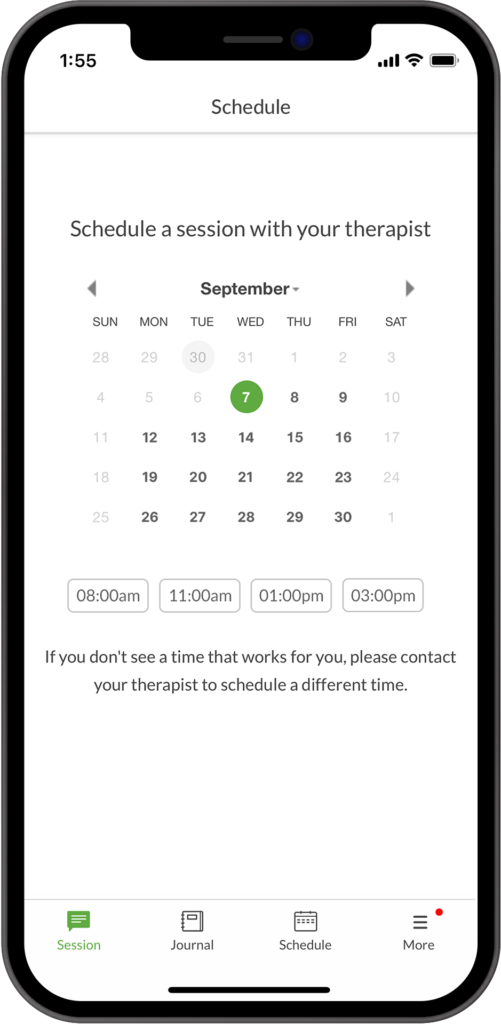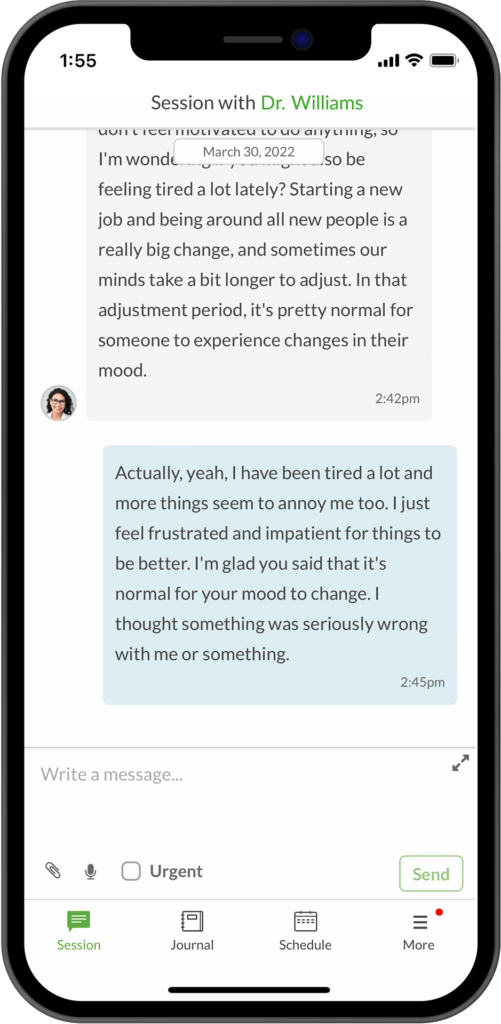In this day and age nurturing your mind and taking care of your mental health is more crucial than ever and that’s why we’re talking about powerful mental health strategies. Mental wellness isn’t just about managing mental illness; it’s about fostering a state of well-being where you can realize your abilities, cope with life’s normal stresses, work productively, and contribute to your community. Let’s explore why mental health matters and discover practical strategies to enhance your mental wellness.

Table of Contents
The Importance of Mental Health
Mental health is an integral part of our overall well-being. According to the World Health Organization, mental health is “a state of well-being in which an individual realizes his or her own abilities, can cope with the normal stresses of life, can work productively, and is able to make a contribution to his or her community.”
Consider these eye-opening statistics regarding mental health strategies:
- The National Alliance on Mental Illness reports that 1 in 5 U.S. adults experience mental illness each year.
- Depression is a leading cause of disability worldwide, affecting 264 million people globally (WHO, 2020).
- Anxiety disorders affect 40 million adults in the United States, or 18.1% of the population every year (Anxiety and Depression Association of America).
While these numbers seem to underscore the widespread impact of mental health issues there’s some good news on this front.
There are numerous evidence-based strategies we can employ to maintain and improve our mental wellness.
Strategies for Enhancing Mental Wellness
1. Prioritize Physical Exercise
Regular physical activity is a powerful mood booster and stress reliever. A study published in the Lancet Psychiatry journal found that people who exercised had 43.2% fewer days of poor mental health than those who didn’t exercise.
Action Step: Aim for at least 150 minutes of moderate aerobic activity or 75 minutes of vigorous aerobic activity per week. This could be as simple as a brisk 30-minute walk five days a week.
2. Practice Mindfulness and Meditation
Mindfulness meditation has been shown to reduce stress, anxiety, and depressive symptoms. A meta-analysis published in the Journal of Consulting and Clinical Psychology found that mindfulness-based therapy was moderately effective in improving anxiety and mood symptoms.
Action Step: Start with just 5 minutes of mindfulness practice daily. Use apps like Headspace or Calm for guided sessions, or simply focus on your breath for a few minutes each day.
3. Cultivate Strong Social Connections
Social support is crucial for the best mental health strategies. A study in the American Journal of Psychiatry found that individuals with the fewest social connections had an 83% higher risk of developing depression compared to those with the most connections.
Action Step: Make an effort to connect with friends and family regularly. Join clubs or groups aligned with your interests to meet like-minded people.
4. Prioritize Sleep
Sleep and mental health are closely linked. According to the National Sleep Foundation, people with insomnia are 10 times more likely to have clinical depression and 17 times more likely to have clinical anxiety. Check out this short video I put together on insomnia after my stint at the Stanford Sleep Treatment Center.
Action Step: Aim for at least 7 hours of sleep per night. Establish a consistent sleep schedule and create a relaxing bedtime routine. And just to be clear – alcohol does not help you get a better night’s sleep.
5. Practice Gratitude
Gratitude has been linked to increased happiness and reduced depression, making it one of the best mental health strategies. A study in the Journal of Personality and Social Psychology found that participants who wrote about things they were grateful for were more optimistic and felt better about their lives.
Action Step: Keep a gratitude journal. Each day, write down three things you’re grateful for, no matter how small. Or try starting a self-care journal.
6. Engage in Meaningful Activities
Engaging in activities that provide a sense of purpose can significantly boost mental wellness. A study in the Journal of Happiness Studies found that people who engaged in meaningful activities reported higher levels of happiness and life satisfaction.
Action Step: Find activities that align with your values and bring you joy. This could be volunteering, pursuing a hobby, or learning a new skill.
7. Limit Social Media Use
While social media can connect us, excessive use has been linked to increased anxiety and depression. A study in the Journal of Social and Clinical Psychology found a causal link between Facebook use and decreased well-being.
Action Step: Set boundaries around social media use. Consider a “digital detox” one day a week, or use app-blocking tools to limit your time on social platforms. And definitely cut out the tech gadgets at least 1-2 hours before bed.
8. Seek Professional Help When Needed
Sometimes, self-help strategies aren’t enough. Recognizing when to seek professional help on of the most crucial mental health strategies. According to the National Institute of Mental Health, only 44.8% of adults with mental illness received treatment in 2019.
Action Step: If you’re struggling, don’t hesitate to reach out to a mental health professional. A lot of agencies like BetterHelp offer tele-therapy options for added convenience. Be sure to check out BetterHelp at the link below.
If You’re Struggling With Mental Health Here’s A Great Resource



As you know I’m a huge proponent of Mental Wellness and ensuring we all get the help we need when we need it. And of course, I don’t want you just to get any help I want you to get the right help so I am now sponsored by BetterHelp.
BetterHelp is the world’s largest therapy service, and it’s 100% online.
BetterHelp offers a network of over 25,000 licensed and experienced therapists who can help you with a wide range of issues.
Just click on the link below, answer a few questions, and get matched with a therapist from the network.
One of the most amazing features of BetterHelp, if you don’t jive with your therapist you can switch to a new one that’s a better fit for you any time free of charge.
With BetterHelp, you get the same professionalism and quality you expect from in-office therapy, but with a therapist who is custom-picked for you, more scheduling flexibility, and at a more affordable price.
The Ripple Effect of Mental Wellness
Investing in your mental wellness and mental health strategies doesn’t just benefit you—it has a ripple effect on your relationships, work, and community. A study in the American Journal of Public Health found that high levels of mental wellness were associated with better physical health, more satisfying relationships, and greater success in the workplace.
By prioritizing your mental health, you’re not just improving your own life; you’re contributing to a healthier, happier society and uplifting all of those around you. Remember, mental wellness is not a destination but a journey. It requires ongoing effort and attention, but the rewards are immeasurable.
As you implement these mental health strategies, be patient with yourself. Progress may be gradual, but every small step counts. Your mind, like your body, deserves care and attention. By nurturing your mental wellness, you’re investing in a brighter, more resilient future for yourself and those around you.
Start today. Your mind will thank you.

Comments +
Powerful Mental Health Strategies
Mental Health, Mental Wellness